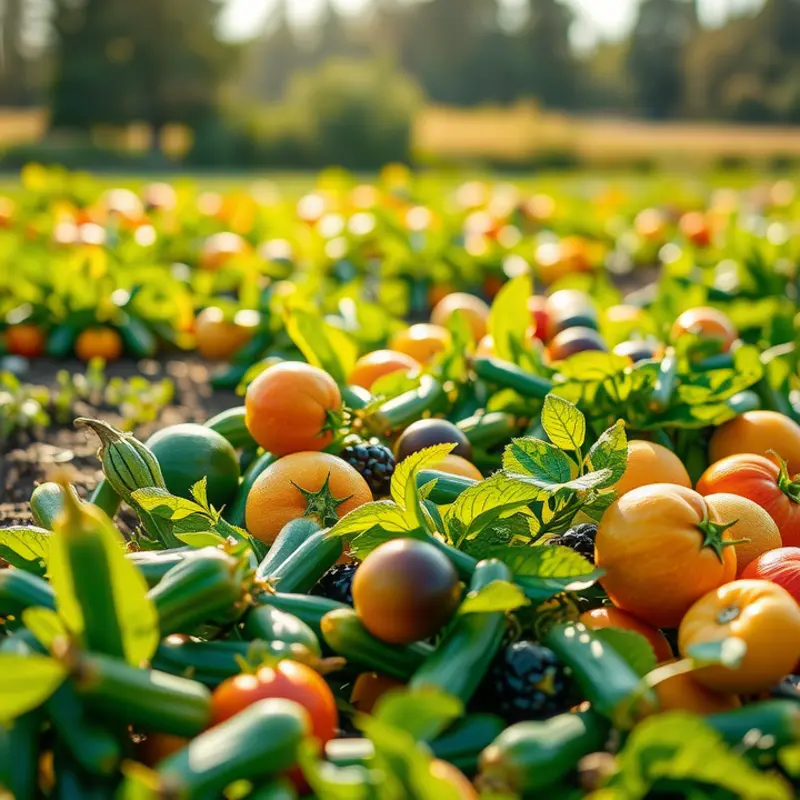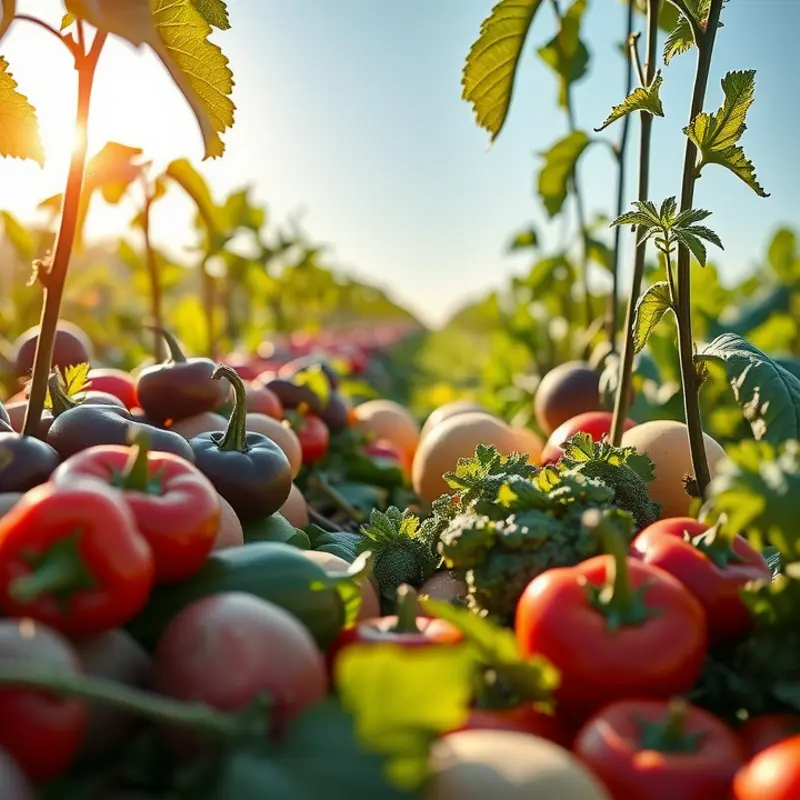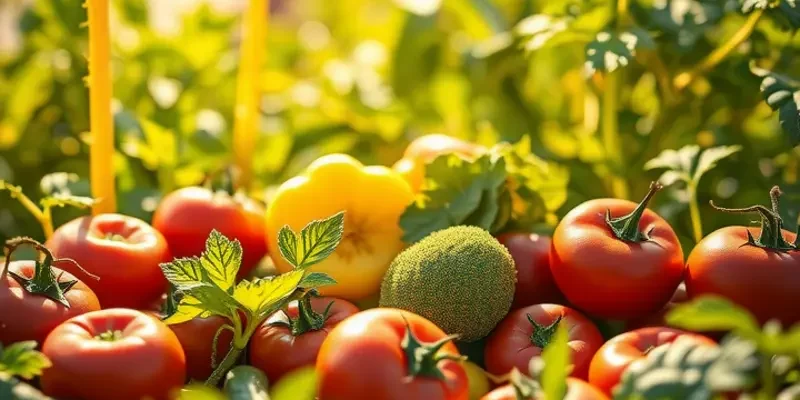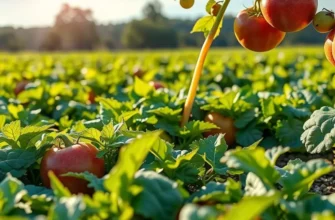Hosting a barbecue is a great way to enjoy delicious food with family and friends. However, it’s crucial to keep food safety in mind to prevent foodborne illnesses. By understanding proper food handling techniques, you can ensure that your barbecue is not only tasty but also safe. This guide offers practical tips on storing food, minimizing waste, and managing your ingredients effectively.
Storing Ingredients Safely: Essential Tips

Ensuring your BBQ ingredients are stored safely is as crucial as cooking them properly. Proper storage protects the freshness of ingredients, maintains flavor, and prevents spoilage. Follow these temperature guidelines and storage methods to bring confidence to your grilling preparations.
Begin by understanding temperature control. Refrigerate raw meats at 40°F (4°C) or below. This prevents harmful bacteria from multiplying. Poultry, being particularly susceptible to bacterial growth, should be frozen if not used within two days. A simple kitchen thermometer can be invaluable here.
Vegetables and fruits need their own unique care. Store them separately from raw meats to avoid cross-contamination. Leafy greens, tomatoes, and peppers do well in their designated crisper drawers. Cool temperatures maintain crispness and longevity. For best results, rinse produce just before use, not during storage, to reduce moisture.
When handling condiments, sauces, and marinades, also keep temperature guidelines in mind. Many require refrigeration after opening. Store condiments in the fridge door to make the most of space and accessibility. Marinate proteins in sealed containers at 40°F (4°C) or below, and always avoid reusing marinades once they’ve contacted raw meat.
Dry goods like spices, rubs, and buns also need their own care strategies. Keep spices in a cool, dark place to preserve their potency. Storing buns and bread products in airtight containers keeps them fresher longer, minimizing exposure to air and moisture.
Organizing your storage areas maximizes efficiency and ensures everything remains safely accessible. Use clearly labeled bins or containers for different food categories. This keeps your fridge and pantry neat while helping identify when items need replenishing.
When planning your barbecue, consider creating a checklist of supplies and ingredients. This helps in organizing your trips to the store and ensures you store items properly upon arrival at home. Additionally, adopting a first-in, first-out method for perishables ensures older items are used before they expire.
An often-overlooked aspect of food safety is the cleanliness of storage areas. Regularly cleaning and maintaining refrigerators and pantry shelves prevents the build-up of bacteria or mold. Spills or leaks should be immediately addressed to maintain hygiene.
Remember, safe storage is about preventing contamination and preserving the quality of your ingredients. By effectively organizing your BBQ supplies and following these guidelines, you’re well on your way to a seamless and safe grilling experience. For a flavorful complement to your barbecue, consider adding this Mediterranean Chickpea Salad to your menu, which you can easily prepare ahead and store with care.
Minimizing Waste: Smart BBQ Management

A successful BBQ doesn’t just delight your taste buds; it also respects the environment by minimizing waste. Effective BBQ management begins with careful planning and thoughtful execution. Engaging in this process ensures not only a delightful feast but an eco-conscious one too.
Portion Control: Reducing Over-purchasing
The first step to minimizing waste is understanding how much food to buy and prepare. An overenthusiastic approach often results in excess food that goes uneaten. To combat this, account for the number of guests and their eating habits. Start by estimating about 1/3 pound of meat per person for adults and slightly less for children. When planning sides, consider dishes like salads and vegetables that balance the meal without overwhelming the menu. Create a shopping list that aligns with these estimates to avoid impulsive buys.
Efficient Ingredient Usage: Get Creative
Using ingredients efficiently can significantly reduce waste. Opt for versatile ingredients that appear across multiple dishes. For instance, herbs like parsley or cilantro can enhance both meats and salads. Vegetables, essential in BBQs, can substitute or complement meats and act as main ingredients in vegetarian dishes. If you find surplus zucchini, try integrating it into a fresh and flavorful dish like zucchini noodles with avocado pesto, transforming leftovers into a delightful meal.
Creative Leftovers Use: Waste Not, Want Not
Leftover management is pivotal for waste reduction. Rather than discarding excess food, transform it into another meal. Grilled vegetables can top salads or pizzas, while extra meats like chicken or beef can make great fillings for tacos or sandwiches. Stale bread can become the basis for breadcrumbs or croutons. Consider organizing a post-BBQ meal prep session to creatively recycle leftovers into quick, delicious meals for the next few days.
Eco-friendly Practices: Little Changes, Big Impact
An eco-friendly BBQ isn’t just about food. It involves mindful practices that reduce environmental impact. Start by using reusable plates, cutlery, and napkins to minimize single-use items. Composting food scraps ensures that biodegradable waste returns to the earth productively. Encourage guests to dispose of waste responsibly by providing clearly labeled recycling and compost bins. Additionally, choose biodegradable or plant-based grilling materials like charcoal to lessen environmental harm.
Minimizing waste and managing a barbecue smartly is about thinking ahead and being resourceful. This approach not only conserves resources but also enhances your barbecue experience by focusing on quality over quantity. As you implement these tips, you cultivate a deeper appreciation for sustainability and the culinary art of BBQ.
Final words
Effective food management and handling techniques are crucial for a safe barbecue experience. By storing ingredients correctly and minimizing waste, you can enjoy your grill time without the worry of foodborne illnesses. Remember to keep perishable items refrigerated until it’s time to cook, and be mindful of ingredient quantities to avoid excess waste. Armed with these practical tips, you and your guests can focus on savoring the delicious meals while promoting a safe and sustainable BBQ environment.







